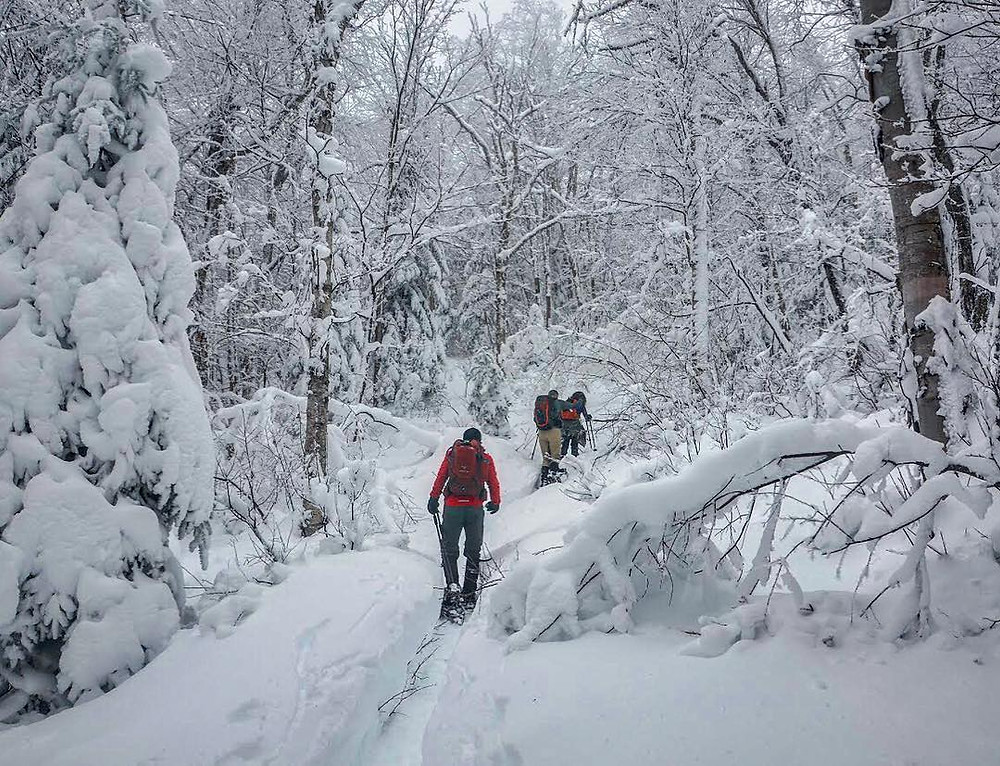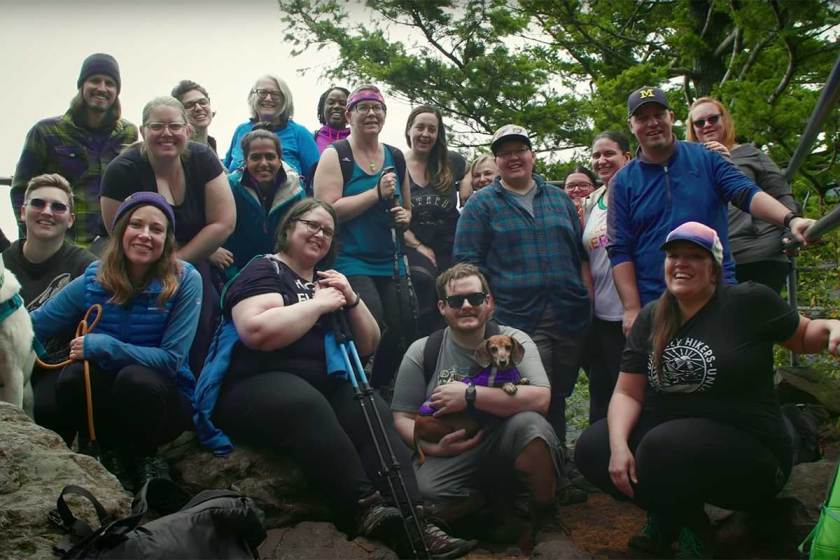

Slow hikers and unprepared groups can face significant frustration during outdoor adventures. Understanding the contributing factors behind these challenges and implementing the right strategies for preparedness is key to an enjoyable and successful outdoor experience. This article examines the common pitfalls of slow hikers and unprepared groups in the outdoors, offering actionable strategies to avoid frustration. We’ll look at the importance of proper planning, essential gear, and adapting to changing conditions. The structure of this article will cover the reasons for frustration, practical strategies for preparation and the importance of being adaptable.
Understanding the Frustration of Slow Hikers
Planning and Preparation:
Poor planning is a leading cause of frustration for hikers. Many underestimate the distance and difficulty of a trail, failing to account for elevation gain, terrain changes, and weather conditions. This often results in hikers feeling overwhelmed and struggling to maintain pace. They are also often unprepared for potential delays or unexpected events, like mechanical issues or unexpected weather changes.
Gear and Supplies:
Insufficient gear and supplies can also contribute significantly to slowdowns and frustrations. Forgetting essential items like plenty of water, proper clothing, snacks, first aid, or navigation tools is a common mistake. A lack of proper hydration and nutrition, compounded by insufficient gear, can lead to exhaustion and a loss of motivation, turning an exciting outdoor adventure into a tedious ordeal. Hikers should always anticipate potential issues and pack accordingly.
The Impact of Unprepared Groups
Communication Breakdown:
Within a group, communication breakdowns can significantly hinder progress and contribute to frustration. Conflicts over decisions, a lack of clear roles within the group, and poor communication contribute to delays and conflicts during the hike. Without open and effective communication, a hike can easily devolve into an unpleasant experience.
Adaptability and Contingency Planning
Weather Variability:
Unpredictable weather changes are a significant factor in the frustration of slow hikers and unprepared groups. The most common cause of delays and frustration is weather. The inability to adapt to sudden changes in weather conditions can lead to injuries and discomfort and cause hikers to lose their momentum.
Essential Gear for Hiking
Hydration and Nutrition:
Proper hydration and nutrition are critical for maintaining energy and preventing fatigue during a hike. Hiking requires significant energy expenditure; therefore, hikers should ensure they have plenty of water and high-energy snacks along the way. Studies have shown that dehydration and hunger often contribute to slowdowns, delays, and frustration among hikers. A well-stocked pack can ensure a smoother and more enjoyable hike. Carry extra water bottles in addition to a hydration reservoir. Choose high-energy snacks like energy bars, dried fruit, or nuts to keep energy levels consistent throughout the hike.
Avoiding Common Mistakes
Trail Research:
Thorough research of the trail is essential for successful outdoor adventures. Knowing the difficulty of a hike, its length, elevation gain and terrain type will provide a good idea of what to expect. This also allows hikers to make better choices about appropriate gear and preparation.
Conclusion
Frequently Asked Questions
Avoid Common Mistakes
Adaptability and Contingency Planning
Frequently Asked Questions
What are the most common mistakes hikers make?
Hikers often underestimate the difficulty of a trail, fail to pack essential gear, and don’t account for potential weather changes. Improper hydration and nutrition are also frequent issues. It’s crucial to thoroughly research your chosen trail, check weather forecasts, and bring appropriate clothing and gear. A well-planned itinerary, with contingency plans for unexpected situations, is a key component to minimizing frustration and ensuring a successful hike.
How can hikers avoid slowdowns during outdoor adventures?
Careful preparation is key! Research the trail thoroughly, checking elevation gain, distance, and expected conditions. Pack enough water and snacks, and choose appropriate clothing. Know your limitations and don’t push yourself too hard. Consider hiking with a friend or in a group for support and to share responsibilities.
What are the steps to take if a group is experiencing frustration?
First, identify the source of the frustration. Is it due to poor planning, inadequate gear, or an unexpected event? Open communication amongst the group members is vital. Discuss strategies for overcoming the issues and make adjustments to the plan, if necessary. If the situation is beyond the group’s capabilities, consider turning back or seeking help from park rangers or other rescue personnel.
In conclusion, the frustration of slow hikers or unprepared groups in the outdoors stems from a lack of preparation, poor planning, and a failure to adapt to changing conditions. By understanding these factors, hikers can avoid these common pitfalls and ensure a more enjoyable and safe outdoor experience. Learn more about outdoor preparedness tips, and how to choose the right gear for your next adventure!